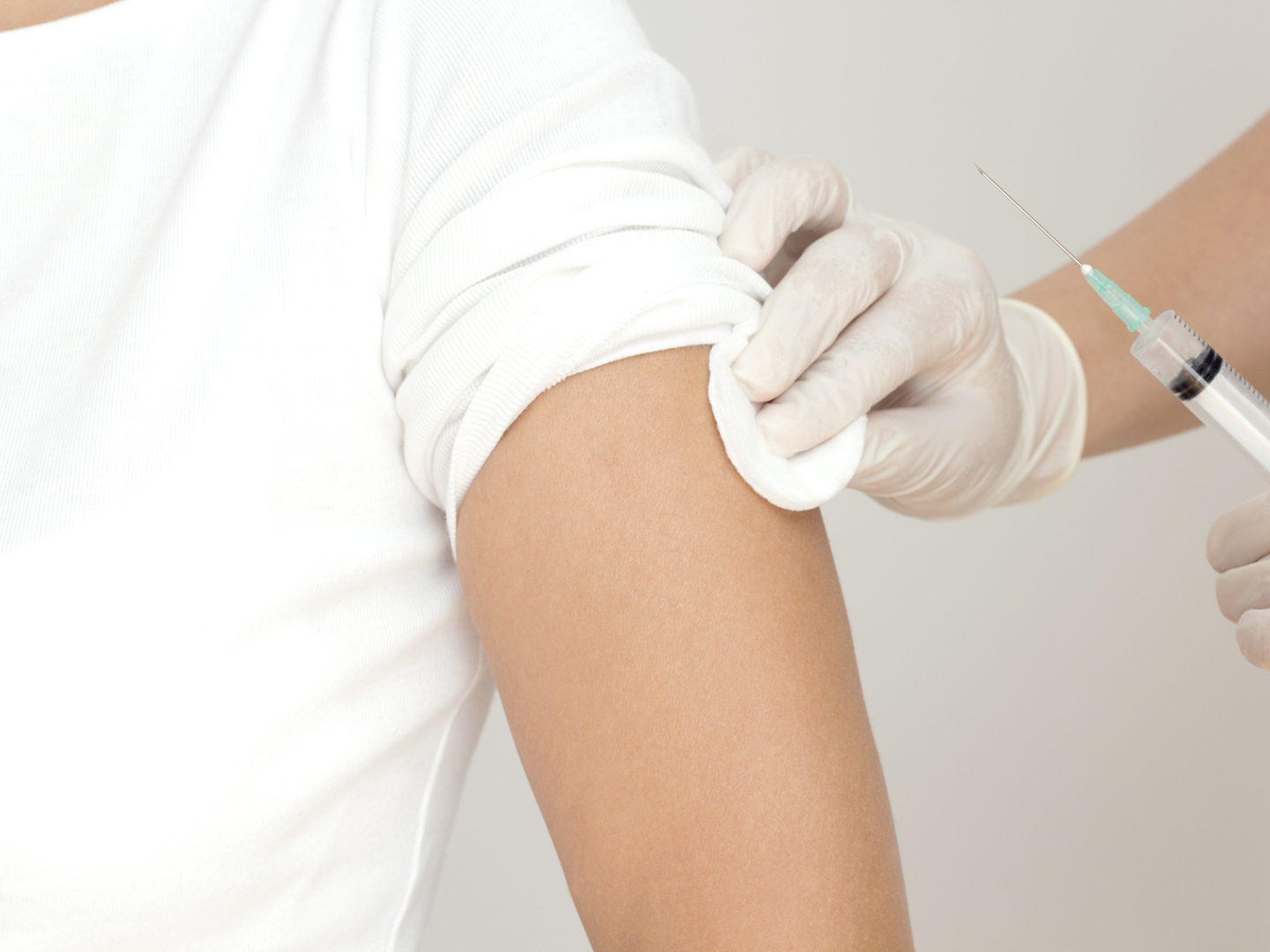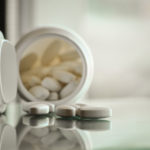Chlamydia

What is chlamydia?
Chlamydia (pronounced kluh-MID-ee-uh) is a species of bacteria, Chlamydia trachomatis that causes a variety of infections, primarily through sexual contact. It is one of the most common sexually transmitted diseases (STDs) in the United States with over 3 million new cases annually. The chlamydia bacteria infection is easily spread because it often causes mild or no symptoms and may be unknowingly passed to sexual partners. When symptoms do appear, they are usually noticeable within 1-3 weeks of contact.
What are the symptoms of chlamydia?
Chlamydia is known as the “silent” venereal disease because about three-quarters of infected women and about half of infected men show no symptoms. When symptoms of chlamydia do occur, they appear in women as abnormal vaginal discharge with or without odor, bleeding between periods or periods that are more painful than usual, abdominal pain with fever, itching or burning in or around the vagina, or pain while urinating or with sex. If men have symptoms of chlamydia, they usually occur in the form of a small amount of clear or cloudy discharge from the tip of the penis with burning or itching, painful urination, or pain and swelling around the testicles.
Women with severe chlamydial infection may require hospitalization, intravenous antibiotics and pain medicine, especially if the reproductive or urinary systems are affected. Failure to get adequate treatment may lead to several health problems. Pelvic inflammatory disease (PID) can result in damage of the fallopian tubes, scarring, and infertility. This can occur in up to 40 percent of infected women. Scarring in and around the abdomen can also lead to pregnancy outside of the uterus, a serious condition that can potentially be fatal if not diagnosed and quickly treated.
For men, infection of the urethra (non-gonococcal urethritis) can be extremely painful and sometimes lead to bladder or kidney complications that may prompt hospitalization. Chlamydia can also affect the epididymus and spermatic cord – the tube that carries sperm away from the testes – leading to scarring, reduced sperm counts and infertility. Inflammation of the rectum can occur in both men and women and be quite uncomfortable with pain, discharge and bleeding. Painful throat infections can also occur in those who engage in oral sex with an infected partner.
What are the causes of chlamydia?
People become infected with Chlamydia trachomatis through sexual contact – during vaginal, anal or oral sex. Any sexually active person can get chlamydia. It can also be passed from an infected mother to her baby during vaginal childbirth. Teenage girls and young women are particularly susceptible to infection because the opening to the uterus (known as the cervix) has not fully matured, making it less resistant to bacterial transmission. In addition, chlamydia may be acquired jointly with other sexually transmitted diseases such as gonorrhea and syphilis. Women with chlamydia are up to five times more likely to be infected with HIV, if exposed. Individuals with one STD must be tested for others as well.
Typical screening for chlamydia (and gonorrhea) occurs either by taking a swab from the urethra in males or from the cervix in females, or a urine sample, which can detect the presence of the bacteria. Other STDs are detected by blood tests (HIV, syphilis) and viral cultures (herpes).
What is the conventional treatment of chlamydia?
If you have chlamydia, your doctor will prescribe oral antibiotics – these include tetracyclines, azithromycin or erythromycin. All sexual partners should be tested and treated as necessary for chlamydia to prevent passing the infection back and forth. And since there is no significant immunity following the infection, a person may become repeatedly infected even if treated correctly. With treatment, the infection should clear up in about a week or two. It is essential to finish all antibiotics even if you feel better or your symptoms resolve before they are done. You can follow up with your doctor in 4 weeks to make sure the infection is gone.
What natural therapies and home remedies for chlamydia does Dr. Weil recommend?
The best treatment is preventive: Practice safe sex strategies. To reduce risk of chlamydia infection:
- Use condoms correctly every time you have sex.
- Limit your number of sex partners, and do not go back and forth between partners.
- Practice sexual abstinence, or limit sexual contact to one uninfected partner.
- If you think you are infected, avoid sexual contact and see a doctor.
Any genital symptoms such as discharge or burning during urination or an unusual sore or rash should be a signal to stop having sex and to consult a doctor immediately. If you are told you have chlamydia or any other sexually transmitted disease and receive treatment, you should notify all of your recent sex partners so that they can see a doctor and be treated. Because chlamydia often occurs without symptoms, people who are infected may unknowingly pass it onto their sex partners. Many doctors recommend that all persons who have more than one sex partner should be regularly tested for chlamydia, even in the absence of symptoms.









